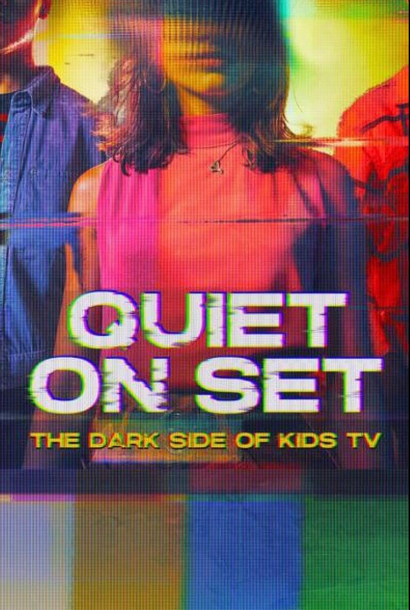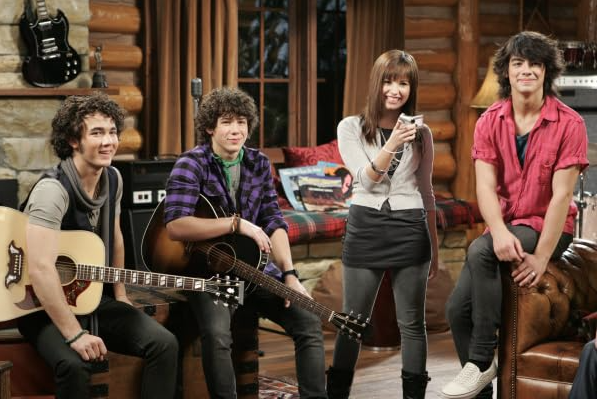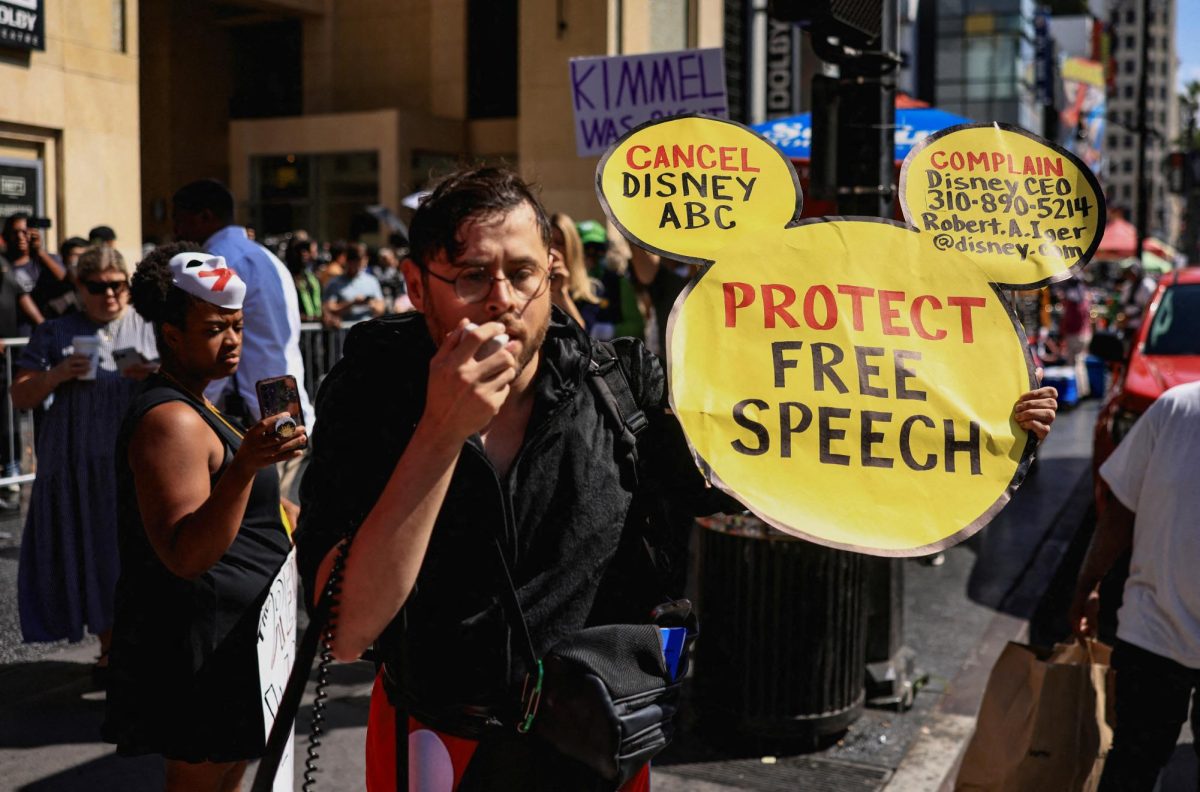Growing up, the Nickelodeon child stars who got to use pear-shaped screens seemed to be living the dream. Who wouldn’t want to be famous, hang out with their friends while filming shows they love? The reality of this kids’ dream was it often became a nightmare for child actors. Would these shows have been watched if people knew the truth?
The recent release of the investigative docuseries “Quiet on Set: The Dark Side of Kids TV” uncovers the truth about the brutal realities on the set of Nickelodeon shows between 1994 and 2018, Dan Schneider’s reign of terror. “Quiet on Set” presented incidents of racism, sexism and inappropriate behavior aimed at the underage cast members.
The docuseries re-sparked the conversation over vulnerable child actors that started with the 2022 release of Jenette McCurdy’s book “I’m Glad My Mom Died.” The “creator” in the book was alleged to be Schneider, the focal point of the docuseries. In the book the “creator” is portrayed as a powerful figure who controlled her life while on set and offered her hush money to keep quiet about his inappropriate actions. Both highlight the fact that child stars are often put at risk, and many let it slide in exchange for a “good show.” The series confirmed the problems surrounding Schneider, producer of Nickelodeon shows such as “All That,” “The Amanda Show,” “Drake and Josh,” “iCarly,” “Zoey 101” and “Victorious.” Throughout the docuseries, many actors, parents and other workers recall him asking young women for massages, encouraging underage drinking, body shaming, writing racist skits, exhibiting tyrant behavior, having an unhealthy relationship with children and a bizarre obsession with feet.
Although parents were required to be on set, a complication that stopped many from speaking up was that Schneider held the economic power of their family’s income. When parents spoke up on behalf of their children, they were often fired or received less air time. Because of this parents were often encouraged to be “quiet on set”.
Schneider was finally dropped by Nickelodeon, 20 years and a lifetime achievement award later, in 2018 for misconduct. For multiple decades, Nickelodeon enabled Schneider’s inappropriate behavior.As of May 1, Schneider has come forward to respond to the docuseries and is suing Warner Bros. Discovery, Maxine Productions, Sony Pictures Television and “Quiet on Set” directors Mary Robertson and Emma Schwartz for defamation, claiming they “falsely portrayed him as a child sexual abuser.”
Television channel’s protection of abusers doesn’t stop at Schneider. It was most shocking to discover that was when Drake Bell from “Drake and Josh” was sexually assaulted by Nickelodeon vocal coach, Brian Peck. Peck pleaded guilty to 11 charges of sexual assault and only received 16 months in jail. After pleading guilty, Peck received 41 letters written by famous actors and executives in Hollywood showing him support. Bell recalls how Peck’s side of the courtroom was packed with supporters while his side was empty. The priority of Hollywood was to protect the sex offender instead of the innocent 15-year-old child. Disney even hired Peck, after he was a registered sex offender, to work on sets with child actors for the show “The Suite Life of Zack & Cody.” During this time, at least two other workers working on Nickelodeon were also convicted of lewd acts.
Considering that they were never able to count on the adults in their lives, it is no wonder former child stars are one of the most at-risk groups for developing mental health issues. Through the emotional and physical abuse that these actors experienced, they have to deal with years of trauma and lost childhoods.
There are parallels between the child actor’s experiences in “Quiet on Set” and the introduction of a new type of child star through family channels on Youtube. There is even less protection for children in this social-media environment than on television.
The children on YouTube are under similar pressures, often from their own families, to work long hours filming and to get the channel more views. Like child actors, YouTube kids feel the financial pressure to film since it is usually the family’s main source of income. They get no say in what they filmed or who watches their content. There is no protection from predators provided to them.These children are forming a digital footprint that they didn’t ask for. The actors get to leave the set and hopefully go home to a “safe space,” but when these YouTube children are being exploited in their own homes,there is no escape from the camera.
“Quiet On Set” raises questions about the protections for child stars. Either on a network set or creating content for YouTube, these children should feel safe and the parents should understand the risks before throwing them into this unsafe environment.





